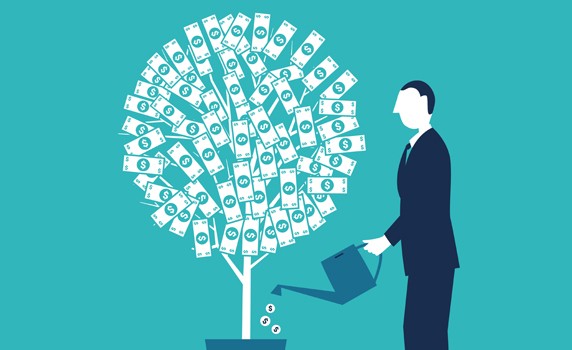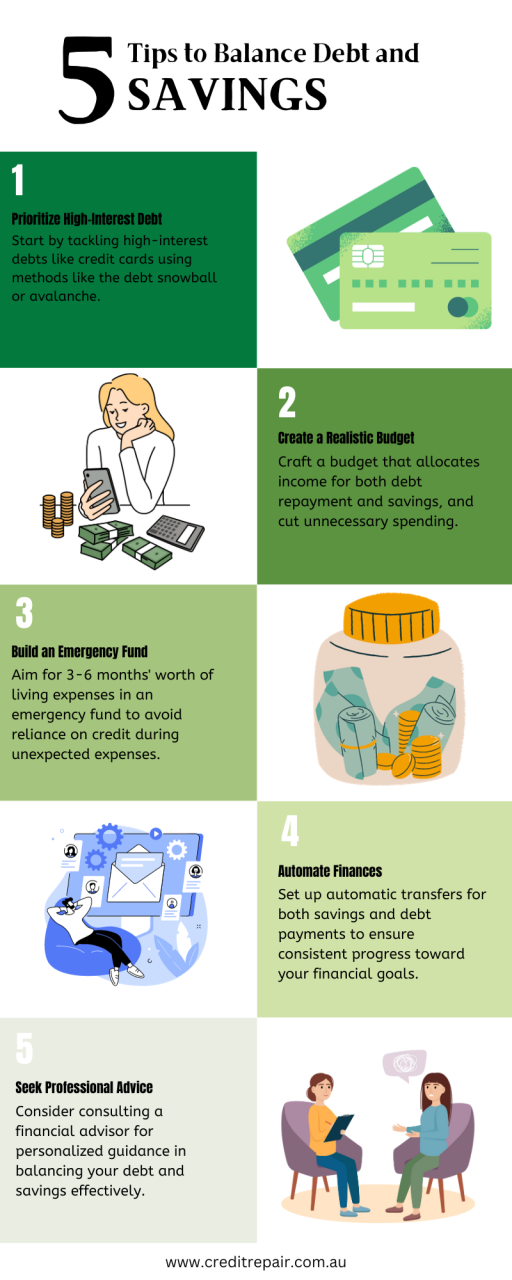Wednesday, 22 March 2023
5 behaviours that can lead to a bad credit score
Your credit score or credit rating is calculated based on your financial and personal information, which is document on your credit report. It’s based on your personal details like demographics and other information like the type of credit providers you have used, and the amount of credit you have borrowed.
This score is important, because it’s what lenders look at to decide whether or not you are a good risk for a loan. Your credit score affects your ability to do things such as get a home loan, car loan or student loan, and may even affect some job applications.
It can be easier to get black marks on your credit report, which bring down your credit score, than you may realise. Here are some behaviours that can lower your credit rating:
1) Too many credit enquiries
While it might seem like a smart idea to shop around for a credit card or transfer balances, it can negatively affect your credit score. A high volume of credit enquiries suggests to lenders that you are under financial stress and using credit to bridge the gap. Every time you make a credit application it gives the lender permission to check your credit report and an enquiry is listed. These listings remain on your credit report for five years, regardless of whether or not you get a credit card or loan from the creditor. Try to shop around first for the best deal and only fill in an application once you have found your preferred lender.
Worried you credit report may be scaring off lenders? Read 8 things on your credit report that may scare lenders
2) Defaulting on repayments
Missing payments on your credit cards and bills also harms your credit score. If you let a bill go unpaid for 60 days – for an amount in excess of $150 – it may be reported to credit reporting agency as a default. Defaults are major red flags for lenders. They leave a black mark on your credit report that can remain there for five years even if the default is paid.
3) Minimum payments
If you have a high credit card balance (more than 30% of your credit card limit), and you only ever pay the minimum repayment, it suggests to lenders that you are under financial stress. Lenders will see this as a red flag too, and you are likely to be declined for loan applications.
4) Cash advances
Getting cash advances on your credit card is another indicator to lenders that you are struggling financially. What’s more, you will typically pay very high interest rates on these advances, so they should be treated as an absolute last resort for clear emergencies.
5) Co-signed loans
Extra debt increases your debt-to-income ratio, which makes you less attractive to lenders. If you have co-signed a loan for a loved one, even if you are not making the repayments, the debt is still considered yours in the eyes of prospective lenders. Also, should the person default on their loan or miss payments these black marks could still end up on your report. Think twice before agreeing to co-sign a loan agreement for anyone.
To learn more about what’s in your credit history, get a free copy of your credit report.
since version 3.0.0 with no alternative available. Please include a comments.php template in your theme. in


 You're an Australian resident
You're an Australian resident You're between 18-65 years old
You're between 18-65 years old You or your partner have a regular income
You or your partner have a regular income You may need to borrow money or take control of your debt
You may need to borrow money or take control of your debt You may have been declined for a loan or have trouble paying your debt
You may have been declined for a loan or have trouble paying your debt We'll work with you fully understand your financial situation
We'll work with you fully understand your financial situation We will help you understand your credit report and the areas for improvement
We will help you understand your credit report and the areas for improvement You may yourself without charge obtain a copy of your credit record and challenge any entry on your credit report
You may yourself without charge obtain a copy of your credit record and challenge any entry on your credit report If you're applying for credit restoration improvement, we cannot guarantee that all adverse credit notations are removed from your credit report
If you're applying for credit restoration improvement, we cannot guarantee that all adverse credit notations are removed from your credit report We can only use our best endeavours to ensure that your credit record is true and correct
We can only use our best endeavours to ensure that your credit record is true and correct We will not provide you with any Insolvency services unless and until we've advised you that you may obtain help, free of charge, with credit and debt related problems from community based financial counsellors.
We will not provide you with any Insolvency services unless and until we've advised you that you may obtain help, free of charge, with credit and debt related problems from community based financial counsellors.





Leave a Reply